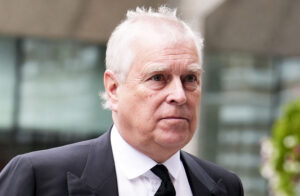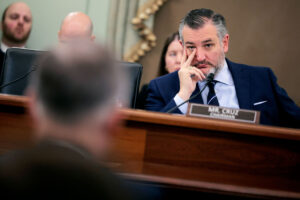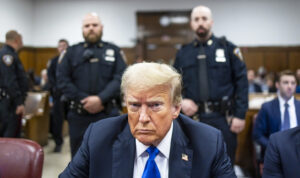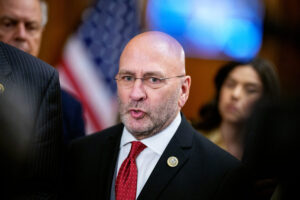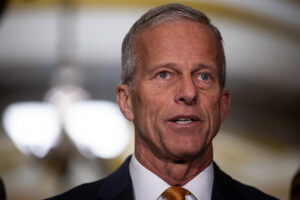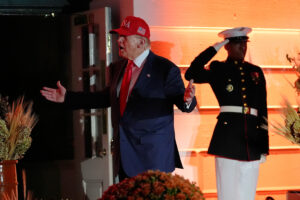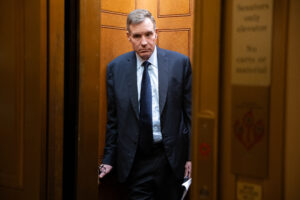The Dictatorship
Agreement between Trump and Xi turns back the clock
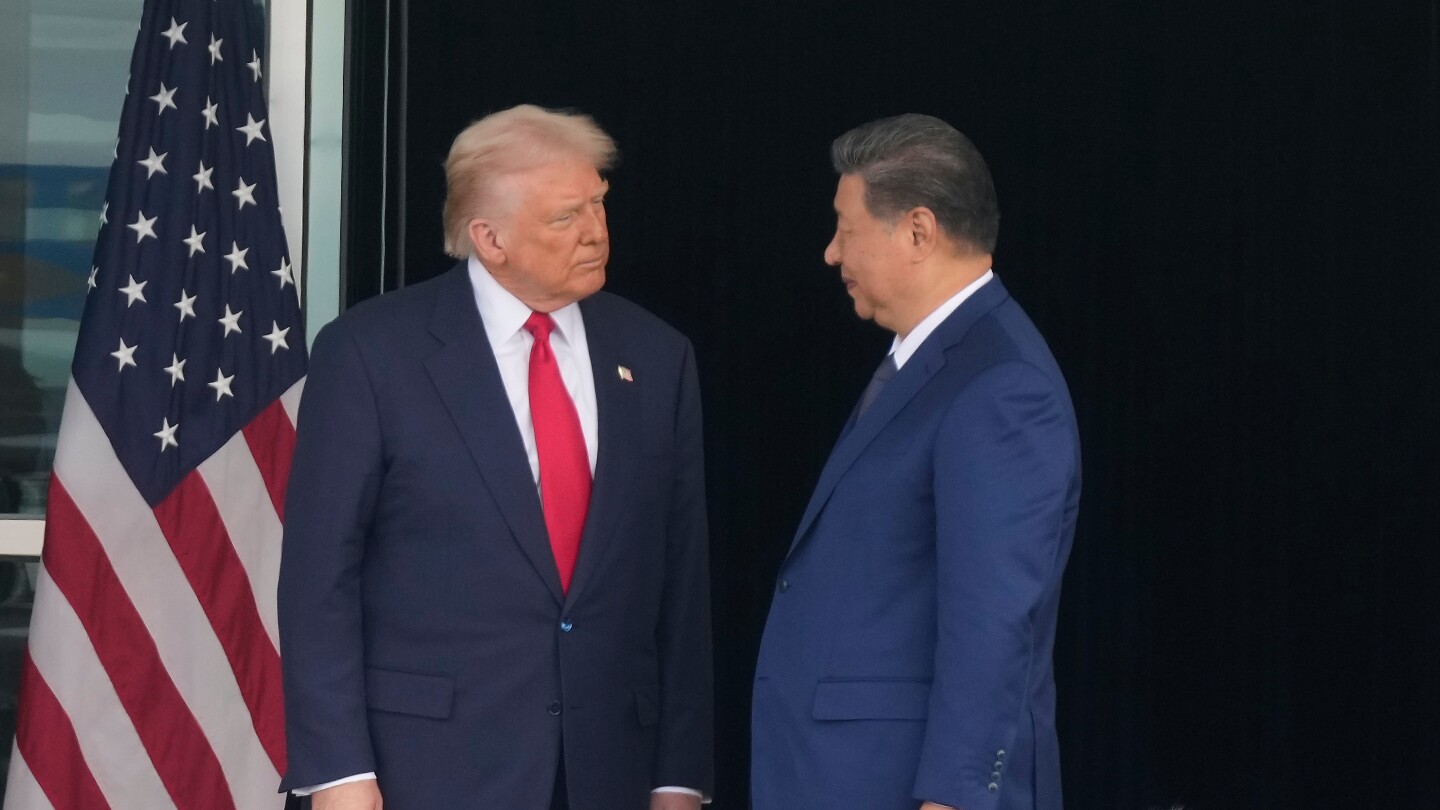
BUSAN, South Korea (AP) — Three-digit tariffs are off the table, but import duties on each other are higher than in January.
Rare earth materials will flow more smoothly, but China has put in place an export permitting regime that it can tighten or loosen as needed.
Port fees will go away, but only for one year.
And Beijing is again buying U.S. soybeans after it had abruptly cut off American farmers.
After months of posturing, arguing and threatening, U.S. President Donald Trump and Chinese leader Xi Jinping have essentially turned back the clock. While the meeting between the two leaders was hailed by Trump as a “roaring success,” the agreement that came out of it may only serve to undo some of the damages Trump inflicted with his trade war upon his return to the White House.
“It is hard to see what major gains the U.S. has made in the bilateral relationship relative to where things stood before Trump took office,” said Eswar Prasad, an economist at Cornell University.
On the Senate floor, Minority Leader Chuck Schumer on Thursday denounced the deal out of South Korea as leaving the U.S. as “no better off.”
“If anything, things are worse: Prices have gone up and China has agreed to nothing of substance that will improve trade between our nations,” the Democrat senator said, adding that Trump “started a trade war, created a giant mess for businesses, consumers, and soybean farmers, and then he celebrates for trying to clean up the very mess he created in the first place.”
Stay up to date with the news and the best of AP by following our WhatsApp channel.
Nevertheless, the deal has injected a degree of stability, giving the world’s two largest economies — as well as the rest of the world — time and room to readjust.
Washington and Beijing still need to finalize their agreements, a process that always has the potential for fresh disputes. But for now, Xi appears interested in moving past the latest tensions.
In an official statement, Xi referred to “recent twists and turns” that “offered some lessons for both sides.” He said they should be “focusing on the benefits of cooperation rather than falling into a vicious cycle of mutual retaliation.”
Both sides reduce tariffs, resume soybean sales to China
Trump fired the first shot in the trade war in February when he imposed an additional 10% tariff on Chinese goods over the allegation that Beijing failed to stem the flow of chemicals used to make fentanyl. That soared to as much as 145% after China retaliated, but Trump walked it back following market meltdowns.
The two sides in May slashed their massive tariffs to 10% on each other, while Washington retained the 20% fentanyl-related tariff, and China its retaliatory tariffs of 10% or 15% on U.S. farm goods.
Now, Trump said he has removed one 10% fentanyl tariff in exchange for Beijing’s cooperation in fighting the illicit drug.
U.S. Secretary of Agriculture Brooke Rollins said China would also withdraw the retaliatory tariffs on U.S. agricultural products. A spokesperson for the Chinese Ministry of Commerce said Beijing would “adjust accordingly” its countermeasures without giving details.
In addition, China has agreed to buy 12 million metric tons of U.S. beans through January, and will buy at least 25 million metric tons annually for next three years, Rollins said on Thursday.
That compares to China buying 17 million metric tons of U.S. soybeans in the first eight months of this year but importing zero in September. In 2024, China bought 22 million metric tons of U.S. soybeans, according to state media.
Although China did not confirm the details of the latest soybean deal, the spokesperson for the Chinese commerce ministry said the two sides have reached “consensus” to expand agricultural trade.
One-year truce on export controls and port fees
In April, China used its monopoly power in the processing of critical minerals to institute a permitting requirement for the export of several rare earth elements. On October 9, Beijing expanded the export rules, apparently in response to the U.S. decision to extend export controls to businesses affiliated with already-blacklisted foreign companies.
Furious, Trump threatened to impose a new 100% tariff on China, but the two sides managed to cool down in time for Trump to meet Xi in South Korea.
Beijing on Thursday said it would pause for a year the rare earth export rules from October to “conduct research to refine specific plans,” while the U.S. will suspend its affiliate rule for one year.
The delay by Beijing “provides just enough time for the United States to accelerate investment in capabilities and innovation for rare earths and permanent magnets,” said Wade Senti, president of the U.S. permanent magnet company AML. “This needs to be on warp speed and at a scale never seen before since the COVID-19 response,” he said.
Another fresh thorn was the U.S. introduction of port fees in October targeting China-linked vessels, as part of a plan to restore America’s shipbuilding capabilitie s. Beijing answered with countermeasures against the U.S.
The port fees on each other are not removed but will be suspended for one year, the Chinese commerce ministry said.
The future is still uncertain
Whether Trump accepts a return to the status quo or pushes to address fundamental issues that have persisted for years between the U.S. and China remains unclear. Nothing about Thursday’s meeting — the first between Trump and Xi in six years — affects Chinese manufacturing dominance that Trump has blamed for the loss of American blue collar jobs.
Sean Stein, president of the U.S.-China Business Council, called the latest developments “very encouraging” and added: “We hope that future negotiations will address long-standing market access barriers, help level the playing field for U.S. companies, and bring long-term predictability to the bilateral trade relationship.”
There are more opportunities on the horizon to keep working on these challenges. Trump said he will go to China in April and Xi will visit the U.S. after that.
If Trump isn’t successful, this period could be remembered for a lot of sound and fury but no change in the basic trajectory of China’s ascendant economy.
“Generally, Trump grows impatient with anything beyond the immediate, and it is the Chinese that play for longer term advantage,” said Kurt Campbell, a former deputy secretary of state in the Biden administration and now chairman of The Asia Group.
___
Tang and Wiseman reported from Washington. AP writer Josh Funk in Omaha, Neb., contributed to the report
The Dictatorship
Britain’s king stripping brother Andrew of his ‘prince’ title isn’t the end of the story
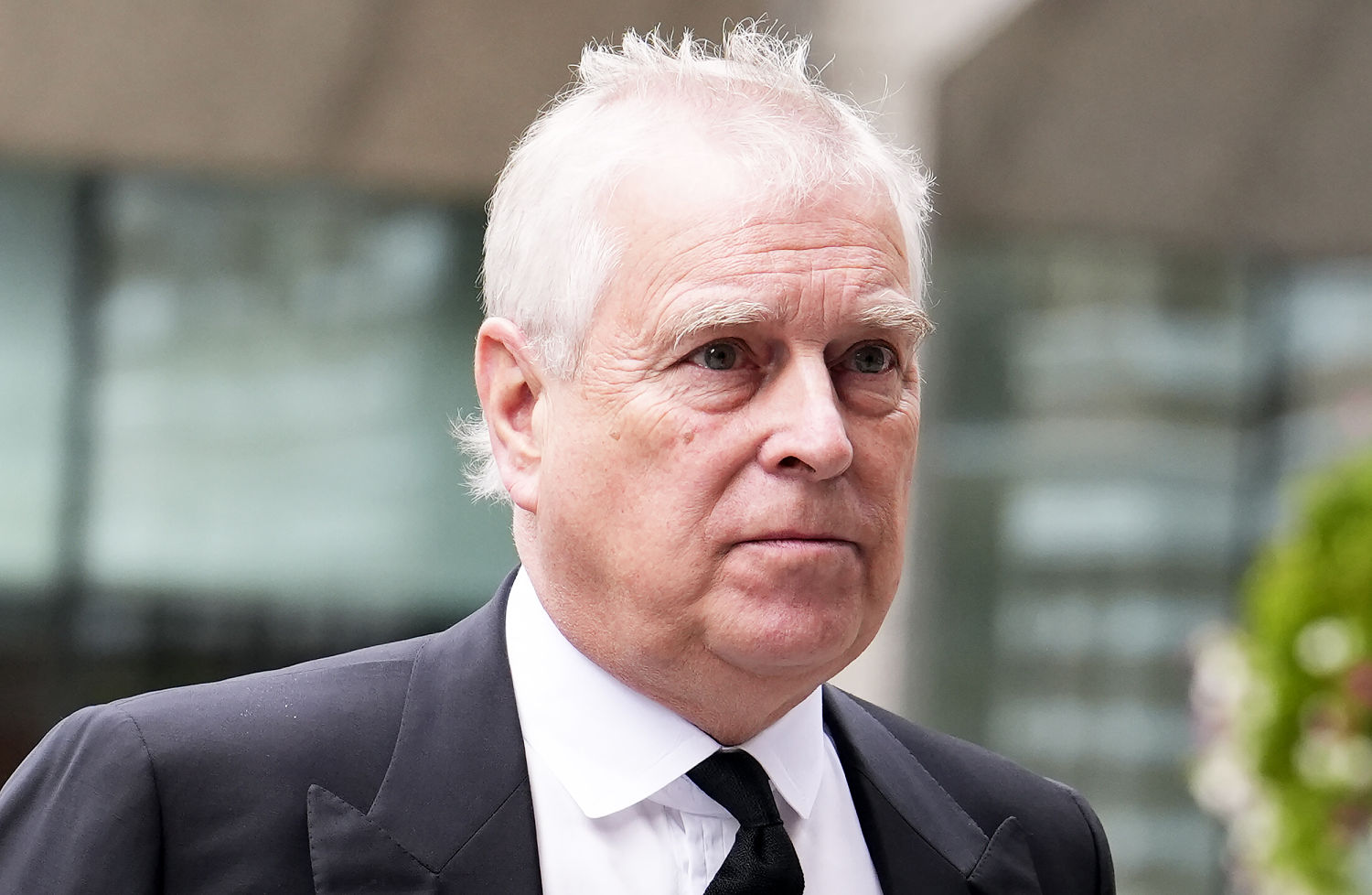
Buckingham Palace would like for us to see power and majesty in its announcement Thursday that King Charles III is stripping his younger brother Andrew of the title of “prince” and booting him from his 30-room residence. After all, no British prince has been officially de-titled in more than a century. None has been so publicly evicted.
But while removing all royal vestiges from Andrew is a momentous step, make no mistake: Charles was backed into a corner. If the monarchy is to survive this saga, the monarch had little choice but to distance the royal family from its most disgraced member — or at least appear to do so. Distinguishing Andrew from the rest of the royal family is Windsor brand management after years of taint by association.
Distinguishing Andrew from the rest of the royal family is Windsor brand management after years of taint by association.
Andrew has been in headlines over his friendship with a convicted sex offender; accusations of sexual assault (which he continues to deny); and links to figures in a government spy case. Allegations of questionable relationships and lavish trips shadowed his years as a British trade envoy. Charles may be used to heckling, but questions shouted at the king this week about what he knew about Andrew and Jeffrey Epstein were replayed over and over on U.K. media — reflecting a national disgust that had sparked talk in Parliament. The king acted partly to ensure lawmakers didn’t.
“These censures are deemed necessary, notwithstanding the fact that he continues to deny the allegations against him,” the palace statement said. “Their Majesties wish to make clear that their thoughts and utmost sympathies have been, and will remain with, the victims and survivors of any and all forms of abuse.”
This language suggests Charles supports women such as Virginia Roberts Giuffre, an American whose allegations that she was trafficked as a teenager by Epstein and forced to have sex with Andrew three times were first published in Britain in 2011. (Andrew has repeatedly denied the accusations. Giuffre settled a lawsuit with Epstein for $500,000 in 2009.)
Giuffre, who died by suicide in April, wrote a memoir that was published posthumously last week. Excerpts from the memoir — which is No. 1 on the Amazon sales chart — intensified media scrutiny on Andrew, who’d been in headlines since the summer publication of the biography “Entitled: The Rise and Fall of the House of York.” Pages were stuffed with anecdotes and mostly anonymous recollections of not just Andrew’s boorish behavior but also his penchant for private flights on the public’s dimeallegations of self-enriching business deals and details of his encounters with Epstein starting in 1999. The biography “hasn’t so much cemented Prince Andrew’s reputation, as put it in concrete boots and thrown it in the river,” the BBC’s royal correspondent wrote in August.
Further blows came from newly surfaced links to Epstein, with the most radioactive reports showing the prince in friendly conversation with Epstein months after he’d claimed to have cut off contact. Andrew’s denials of wrongdoing, previously trusted by royal aides, were compromised — as was the palace practice of letting Andrew manage fallout.
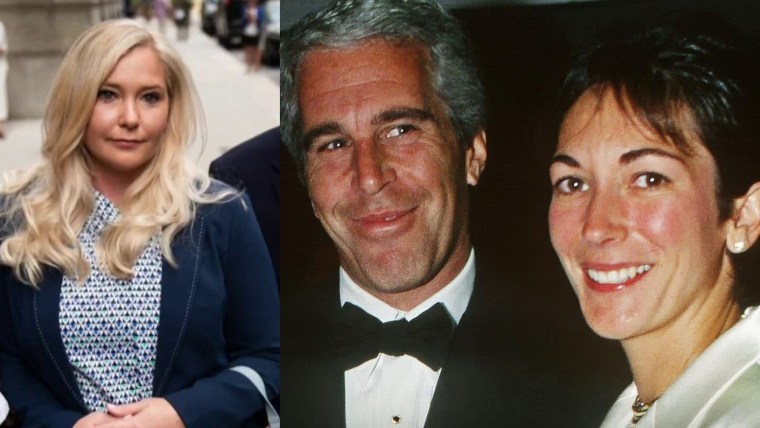
For years after Epstein’s 2008 conviction on a solicitation charge in Floridaquestions were asked about the friendship. Sketchy affiliations were part of the criticism of Andrew’s tenure as U.K. trade ambassador. But it wasn’t until after Epstein died in 2019 — while awaiting trial on federal charges of sex trafficking and conspiracy — that Andrew spoke out. His BBC “Newsnight” interview that November was a debacle of such proportions that it has been dramatized by both Netflix and Amazon. Andrew claimed not to sweat, categorically denied Giuffre’s allegations and expressed no regret over his friendship with Epstein. His tone-deaf statements and failure to apologize were swiftly condemned.
Ever since, Andrew has been trying to draw a line under this scandal. Days after the “Newsnight” interview, he announced he would step back from public life. In early 2022, he returned his military honors and said he would not use his Royal Highness title. Soon after that, he settled a civil lawsuit with Giuffrewith no admission of guilt, for an undisclosed sum. This month, he announced he would not use his Duke of York title. Global humiliations all, and made under intense pressure, but technically the prince had lost none of his privileges.
Things took a turn this month when U.K. news outlets published more emails purportedly between Andrew and Epstein, including messages reportedly showing Andrew had asked his taxpayer-funded police guard to dig up dirt on Giuffre. This prompted a response from London’s Metropolitan Police — it is looking into the reports — but no comment from Andrew or the palace. Details emerged of Andrew’s lease for the 30-room crown-owned mansion he’s rented since 2003.
Turns out nothing sparks outrage like rent of one peppercorn per year.
No one knows what other details about Andrew’s activities could still emerge.
Although Parliament and the monarchy traditionally stay out of each other’s affairs, and control over Andrew’s titles rests with the sovereign, public anger prompted some members of Parliament to question why Andrew should live effectively rent-free in a grand home. For the palace, such discussion is a slippery slope. The monarchy doesn’t want clarity brought to opaque royal financial arrangements, and it’s unlikely people are going to stop asking how, exactly, Andrew affords his lavish lifestyle. No one knows what other details about Andrew’s activities could still emerge.
After the king announced he would strip Andrew of his royal titles, Giuffre’s brother publicly thanked Charles and reflected on his sister’s bravery in speaking out. “This normal girl from a normal family has taken down a prince,” he tearfully told the BBC. That she did not live to see the response to her harrowing story compounds the sadness.
But this is not the end of Andrew’s story. He has been banished — to the Norfolk countryside. Reportedly sometime after Christmashe will move to a property on the Sandringham estate, which is privately owned by the king. His daughters, Princess Beatrice and Princess Eugenie, will retain their titles, while the king will fund his brother.
Now the question is whether there will be a police investigation, potentially clearing Andrew Mountbatten Windsor’s name — or resulting in charges he would have to face without royal protection.
Giuffre’s brother has said Andrew should be behind bars. Others have suggested Andrew could tell authorities what he witnessed at Epstein properties — details that might corroborate accounts from victims. With U.S. lawmakers still focused on Epstein, this issue isn’t closed.
The palace statement says royal sympathies are with the victims of abuse, but if that were the case, the royal family could have acted more firmly years ago. Distancing themselves from Andrew is not the same as calling for accountability.
Autumn Brewington
Autumn Brewington is an opinion editor at BLN Daily. She was previously an opinion editor at The Washington Post, where she oversaw the op-ed page for seven years, and has also edited at The Wall Street Journal and Lawfare. She launched The Post’s royal newsletter and writes about the British royal family on Substack.
The Dictatorship
MAGA infighting erupts over Tucker Carlson’s interview with Nick Fuentes
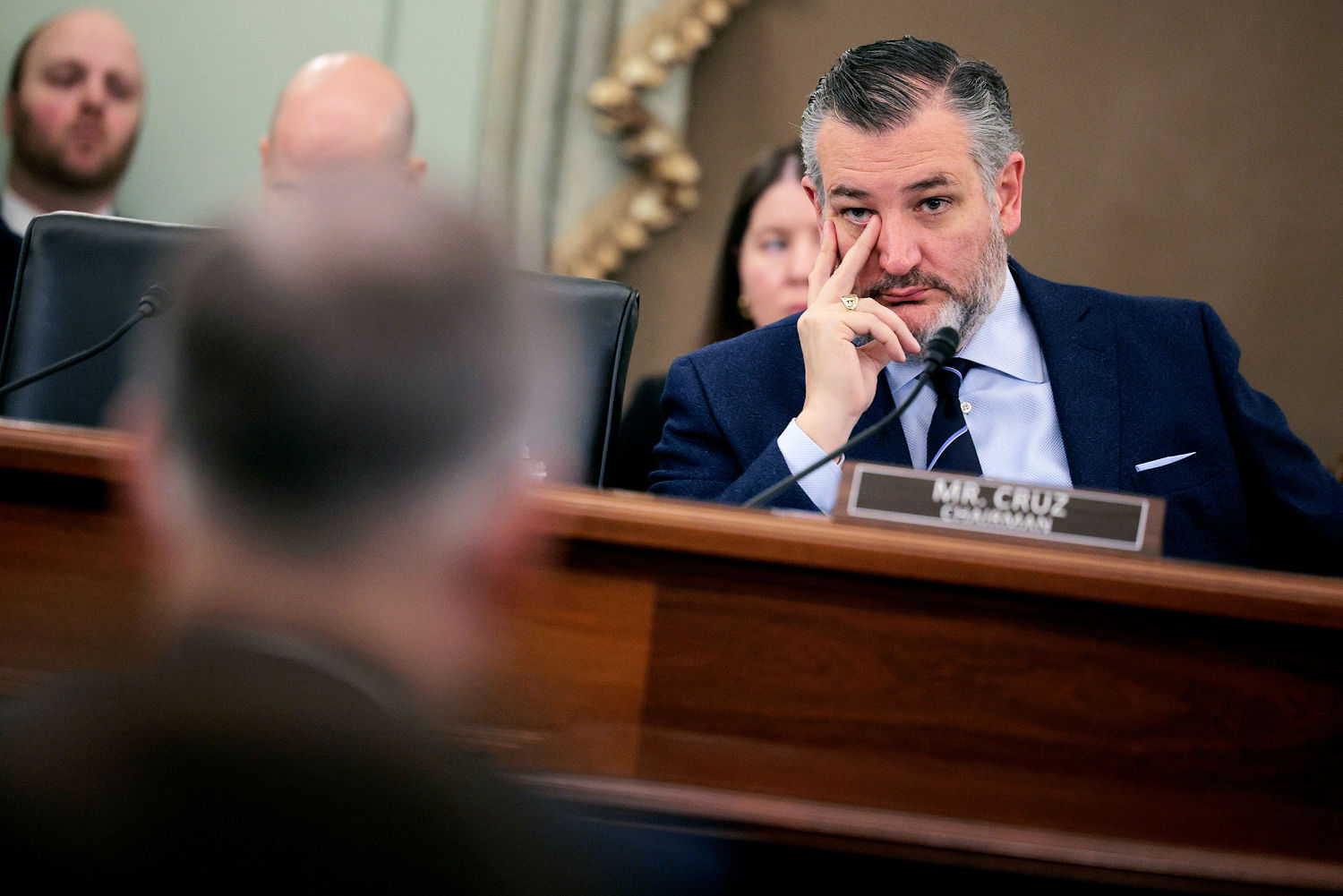
MAGA infighting over issues involving neo-Nazis and Hitler sympathizers has reached such a fever pitch that Sen. Ted Cruz is bemoaning the rise of antisemitism within his party.
In the Texas Republican’s remarks, which mirrored a speech he delivered at a pro-Israel event last week, he said: “Everyone here knows we’re seeing more and more antisemitism rising on the right. In the last six months, I’ve seen more antisemitism on the right than I have in my entire life. This is a poison, and I believe we are facing an existential crisis in our party and in our country.”
Cruz’s own state — where the state GOP chapter has been linked to white supremacists and just last year reversed course on its prior refusal to ban antisemitic people from their party — has offered ample evidence regarding what the senator condemned. But the timing seems to link the remarks to more recent headlines in the national conservative movement.
Cruz’s comments also come in the wake of Tucker Carlson’s friendly chat with Nick Fuentes — a white supremacist who has said he loves Hitler.
That includes two reports from Blue Light News — one detailing messages from a group chat in which Young Republicans leaders expressed support for Hitler and joked about gas chambers, and another that highlighted a Trump administration official who said he has a “Nazi streak.” In recent months, right-wing influencer Candace Owens has stoked antisemitic conspiracy theories alleging that powerful Jews and allies of Israel played a role in the killing of conservative activist Charlie Kirk.
Cruz’s comments also come in the wake of former Fox News host Tucker Carlson’s friendly chat with Nick Fuentes — a white supremacist who has said he loves Hitler — which has ignited a raft of MAGA inflighting.
The clearest example of this came via Sen. Mitch McConnell of Kentucky, who wrote a post on X condemning Kevin Roberts, the president of The Heritage Foundation, after he rebuked the “venomous coalition attacking” Carlson, who Roberts said “always will be a close friend of The Heritage Foundation.” Roberts said the organization is the “intellectual backbone of the conservative movement,” and criticized people for trying to “cancel” Fuentes.
McConnell, it seems, disagrees.
Let’s be honest: The fact that the MAGA movement has an antisemitism problem has seemed obvious since at least 2017, when a bunch of Trump supporters took part in events surrounding the deadly “Unite the Right” rally in Charlottesville, Virginia, where some participants yelled “Jews will not replace us!”
All of this is to say: The Republican Party hasn’t seen members defect en masse when MAGA antisemitism has come under scrutiny in the past. But the past week has made clear that there are deepening fissures in the conservative coalition.
The Dictatorship
Trump DOJ tries to erase Jan. 6 history as scholars warn of authoritarianism in Comey case
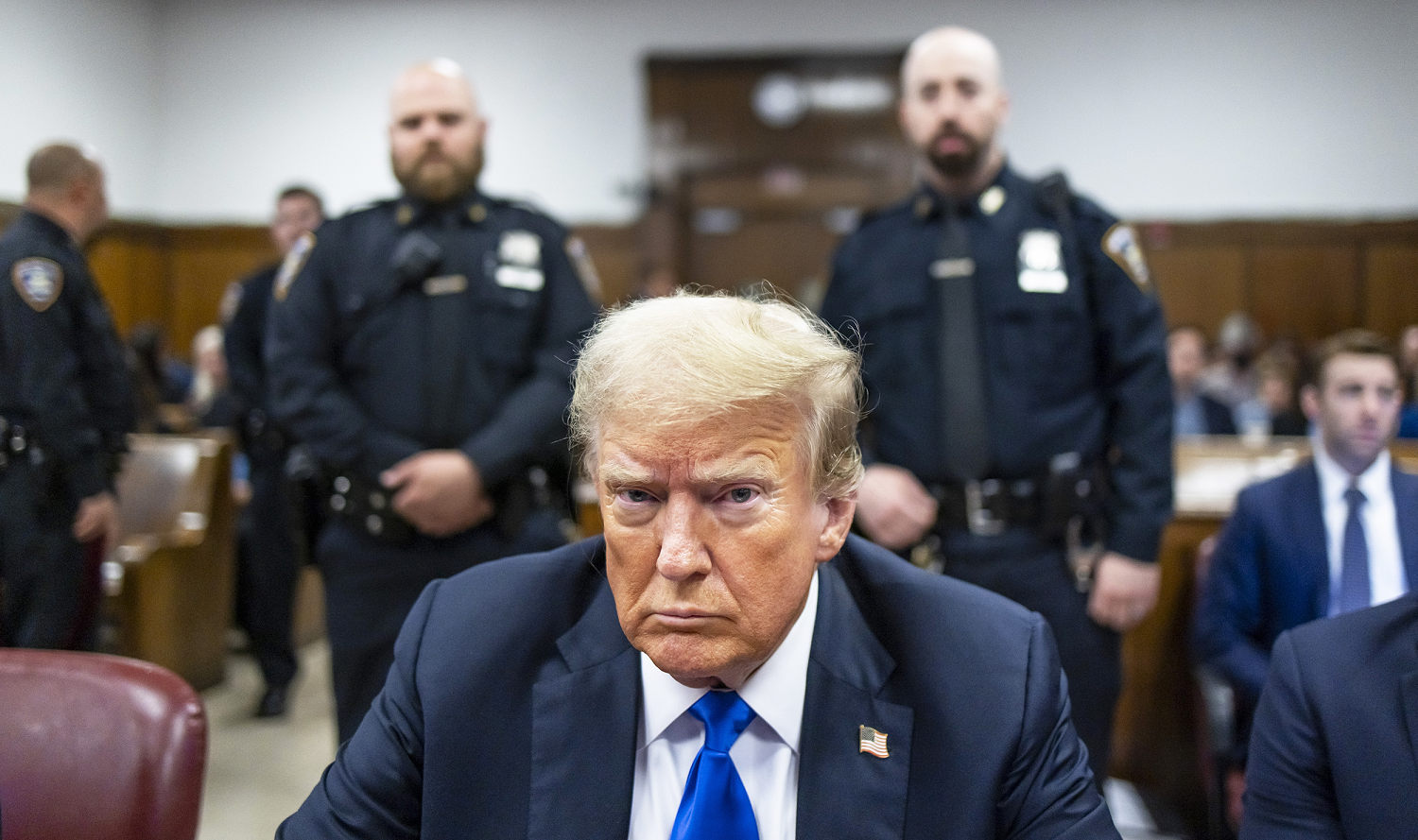
Welcome back, Deadline: Legal Newsletter readers. When we left off last weekwe were awaiting a Supreme Court ruling on President Donald Trump’s bid to deploy the National Guard in Chicago. We learned this week why that ruling hasn’t come yet and likely won’t come until late November. In the meantime, the administration’s authoritarian tactics came into focus on multiple legal fronts.
In the Guard litigation, the justices issued an order Wednesday that didn’t decide the case but instead asked for more briefing. The upshot is that a lower court order blocking deployment in Illinois is still intact, and the fact that the high court didn’t immediately lift it could be a good sign for Illinois. But we’ll have to see what the justices do after the new briefing is completed Nov. 17. The administration argues that the president has unreviewable discretion to deploy troops.
Turning away from SCOTUS for now, lower court developments underscored the administration’s autocratic approach. One example came in the case of Taylor Taranto, whose Jan. 6 charges were dismissed by Trump’s Day 1 clemency orderbut he still faced sentencing for other charges stemming from his actions two years later. Two Justice Department prosecutors were suspended after they filed a sentencing memo stating the plain facts that “a mob of rioters attacked the U.S. Capitol” on Jan. 6, 2021, and that Trump factored into the lead-up to Taranto’s 2023 crimes.
Trump is relevant to the 2023 case because in June of that year, he shared online a purported street address for former President Barack Obama’s home in Washington, after which Taranto reposted the address and was arrested nearby. He was convicted of firearms and ammunition charges, as well as spreading a false bomb threat hoax. On top of putting the two prosecutors on leave, the DOJ withdrew the memo from the court docket and said it was “entered in error.” Then two new prosecutors came in and filed a new memo without the Jan. 6 or Trump references.
Of course, the attempt to erase history backfires, because it necessarily leads us to reassert that Trump lost the 2020 election to Joe Biden and then sicced a mob on the Capitol, where Congress was certifying the results of the election he lost. Apparently, the Trump DOJ’s policy is to avoid mentioning that day entirely, and to otherwise airbrush any embarrassing facts about the president from its legal filings. The judge presiding over Taranto’s case, Trump appointee Carl Nichols, told the government to file a memo explaining why it thinks the initial one should be sealed. We’ll see what the new prosecutors say.
Elsewhere on the autocratic front, scholars of global authoritarianism weighed in on James Comey’s indictment by Trump-installed prosecutor Lindsey Halligan. They aren’t the usual suspects to appear on a criminal court docket. But they wrote to the judge overseeing the former FBI director’s case to warn that it “mirrors many of the features of politicized prosecutions” in the countries they study — namely Hungary, Turkey and Venezuela. Urging dismissal of the indictment, they argued that it’s essential to view the case “in the larger context of how politicized prosecutions are used in autocracies and backsliding democracies and the risks that even one such prosecution poses.”
Meanwhile, the president still has his own criminal litigation, which we were reminded of this week with his appeal in the hush money case. It’s the only one of his four prosecutions that went to trial before he won the 2024 election. (His two federal cases vanished because of the DOJ’s policy against prosecuting sitting presidents, and the Georgia state case is in limbo.) In their brief to New York’s intermediate state court, Trump’s lawyers argued that prosecutors wrongly convicted him using evidence of his official presidential acts, in violation of the Supreme Court’s immunity ruling. The justices could have the final word on whether their immunity decision upends the hush money verdict, but it could take a while for the case to get to them.
It’s just a few days until the Trump tariffs case gets a high court hearing Wednesdaywhen the justices will yet again confront the scope of the president’s power. He said he might attend the hearing himself at the court, which remains closed to the public because of the government shutdown.
Have any questions or comments for me? Please submit them through this form for a chance to be featured in the Deadline: Legal Blog and newsletter.
Jordan Rubin is the Deadline: Legal Blog writer. He was a prosecutor for the New York County District Attorney’s Office in Manhattan and is the author of “Bizarro,” a book about the secret war on synthetic drugs. Before he joined BLN, he was a legal reporter for Bloomberg Law.
-
Uncategorized12 months ago
Bob Good to step down as Freedom Caucus chair this week
-

 Politics8 months ago
Politics8 months agoFormer ‘Squad’ members launching ‘Bowman and Bush’ YouTube show
-

 The Josh Fourrier Show12 months ago
The Josh Fourrier Show12 months agoDOOMSDAY: Trump won, now what?
-

 The Dictatorship9 months ago
The Dictatorship9 months agoPete Hegseth’s tenure at the Pentagon goes from bad to worse
-

 Politics8 months ago
Politics8 months agoBlue Light News’s Editorial Director Ryan Hutchins speaks at Blue Light News’s 2025 Governors Summit
-

 The Dictatorship9 months ago
The Dictatorship9 months agoLuigi Mangione acknowledges public support in first official statement since arrest
-

 Politics8 months ago
Politics8 months agoFormer Kentucky AG Daniel Cameron launches Senate bid
-

 Politics12 months ago
Politics12 months agoWhat 7 political experts will be watching at Tuesday’s debate





